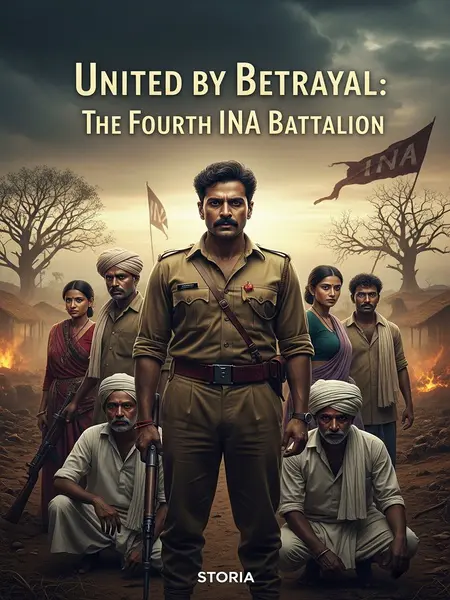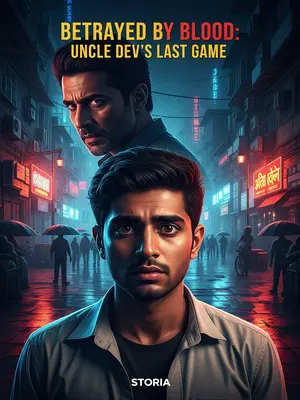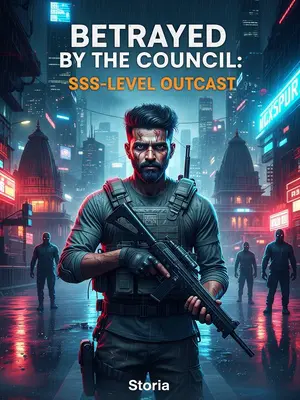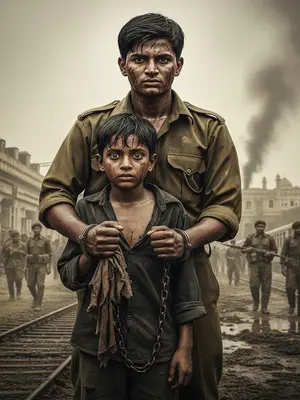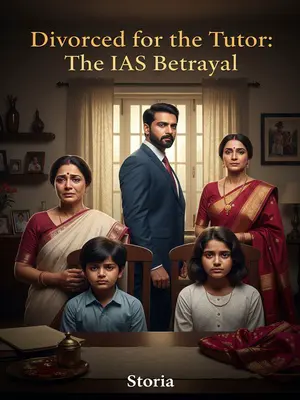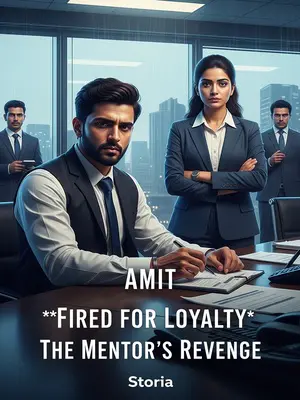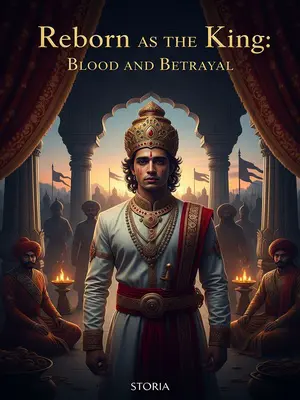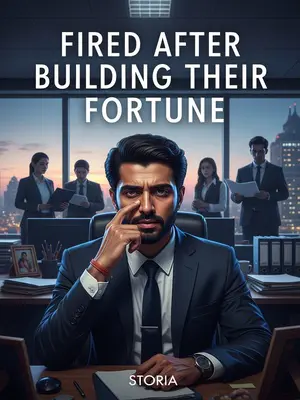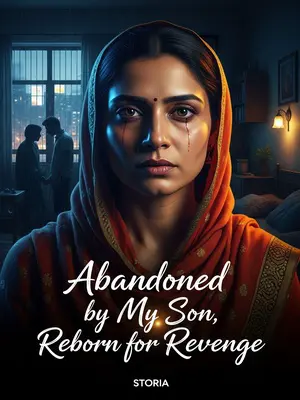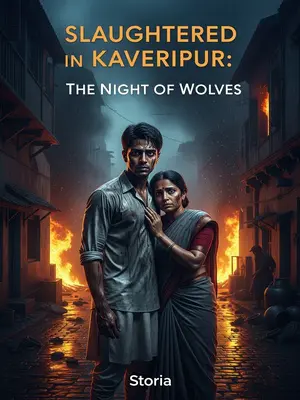Chapter 2: The Spark That Changed Everything
Coincidentally, a few days ago I watched an old movie, "The Bugle of Rajpur," about the founding of the Azad Hind Fauj—the forerunner of today’s Indian Army. Let’s use that film as a starting point to talk about what made the army built by the Congress and Netaji so formidable.
There’s a scene in the film where a young recruit, scared but determined, is told by his officer, "Beta, you’re not fighting for a king, but for your maatru bhoomi—her mitti, her log, her future." The barracks are soaked with the smell of wet earth and rain, and that one dialogue lingers. The movie may be full of drama, but it captures a real change—the moment an army becomes more than just men in uniform.
The fundamental difference between the Congress’s army and the old armies was this: they were armed with ideology.
What a word—ideology! For our parents, it was something from newspapers or speeches at the local park. But for these soldiers, it was everything. It answered the question, "Desh ke liye kuch bhi kar sakte ho, beta?" No longer were they fighting for a raja’s reward or a handful of coins. They marched for something bigger—something that would echo for generations.
Even in the smallest villages, this mattered. Mothers would tie a rakhi on their son’s wrist before he left, whispering, "Desh ke liye kuch bhi kar sakte ho, beta." Children saw their fathers join the Azad Hind Fauj, knowing their struggle was for the freedom to dream, to speak, to live with dignity. That shift—of purpose—tilted the scales.
In the old armies, people became soldiers just to earn a living. But who would risk their life for a few rupees? What’s the use of earning money if you don’t live to spend it? The result was that, when things got tough, these soldiers ran away faster than a scared bakri. In the bazaar, old-timers joked, "Woh toh bhaag gaye the!"—but there was pain beneath the laughter, knowing our ancestors didn’t always have a cause worth dying for.
But in the Congress army, being a soldier meant taking on the cause of liberating the oppressed, of rebuilding the nation, as a personal responsibility. Sacrificing for the country was the greatest honour. The direct result? Even if a unit was scattered, just two or three would regroup and keep fighting.
Neighbours whispered with pride about their sons fighting not for kings, but for the maatru bhoomi. The local pandit, after aarti, would bless soldier families: "Desh ke liye kuch bhi karne ka samay aa gaya hai." This sense of shared purpose, like a sacred thread, bound the army together. So even when bullets flew and defeat loomed, a handful would still stand their ground.
Any village elder could have told you: what matters in battle isn’t just strength, but who you’re fighting for. Soldiers wrote home about their resolve, their belief that even death would not be wasted. For the first time, the army belonged to the people, not just to its rulers.
But did the Azad Hind Fauj have this spirit from day one? Of course not.
Nothing is born perfect. At the start, the INA was as ragtag as a village cricket team—full of hope but lacking unity. There were doubts, confusion, and the ghosts of old rivalries. History is never made in straight lines.
The first INA was made up of all sorts—British Indian Army deserters, peasant militias, even ex-dacoits. Imagine a tent full of men who, weeks ago, might have fought each other in the street. Accents clashed, tempers flared. "Yeh angrezi drill chhodo, hum toh gaon mein bail chalate the," a peasant would joke. A regular would retort, "Bhai, yahan lathi nahi, rifle sambhalna hai!" But over shared meals and sleepless nights, a brotherhood formed. That was the miracle.
Could such a mixed group become powerful just by someone saying so? Obviously not.
My uncle, once an NCC cadet, always said, "Arrey bhai, ek speech se kuch nahi hota—tab tak kuch nahi badlega jab tak andar se na aaye." Unity is not ordered—it’s built, day by day, mistake by mistake, until old suspicions melt away and a mission takes root.
The key was leadership and ideological education.
This wasn’t just parades and slogans. Officers sat with men after long marches, sharing stories and debating what independence really meant. There were fights, tears, and sometimes even fistfights. But out of that chaos, something strong was forged. Every recruit learned that being a soldier was a calling, not a job.
Netaji’s reorganisation—Congress committees down to the company level—was a milestone. But even that only reformed the remnants of the early mutiny forces.
Netaji, with his booming voice and fiery eyes, walked among the men as one of them. He insisted every company have a voice, a way to question and dream. That gave birth to a new kind of army—one that belonged not just to generals, but to every jawan, from Bengal to Punjab.
The principle of "the Congress commands the gun" wasn’t easily accepted. There were fierce debates, heavy costs, and even the famous Nehru-Bose Dispute. Netaji was once sidelined, in the minority.
In party headquarters, the clink of steel glasses as chai was poured, and the hiss of the pressure cooker in the background, set the scene for heated arguments. The Nehru-Bose Dispute wasn’t just politics; it was a battle for the movement’s soul. Newspapers from Allahabad to Madurai followed every twist, editorials thick with drama. Many feared the INA would split, and the dream of freedom would be lost.
It wasn’t until the Rajpur Conference, on 28th December 1939, that "the Congress commands the gun" truly became the guiding principle. The air in Rajpur was thick with the smell of incense and sweat, as leaders argued late into the night, their voices rising above the distant sound of temple bells. When the final resolution was announced, shouts of "Jai Hind!" echoed in the halls. For the first time, every soldier knew whom they served, and why.
Let’s look closer at this period.
It’s a time textbooks skim over, but elders whisper about it, and faded photos in old trunks tell the tale. The heartbreak, the drama, the acts of courage—it’s all there, if you listen.
